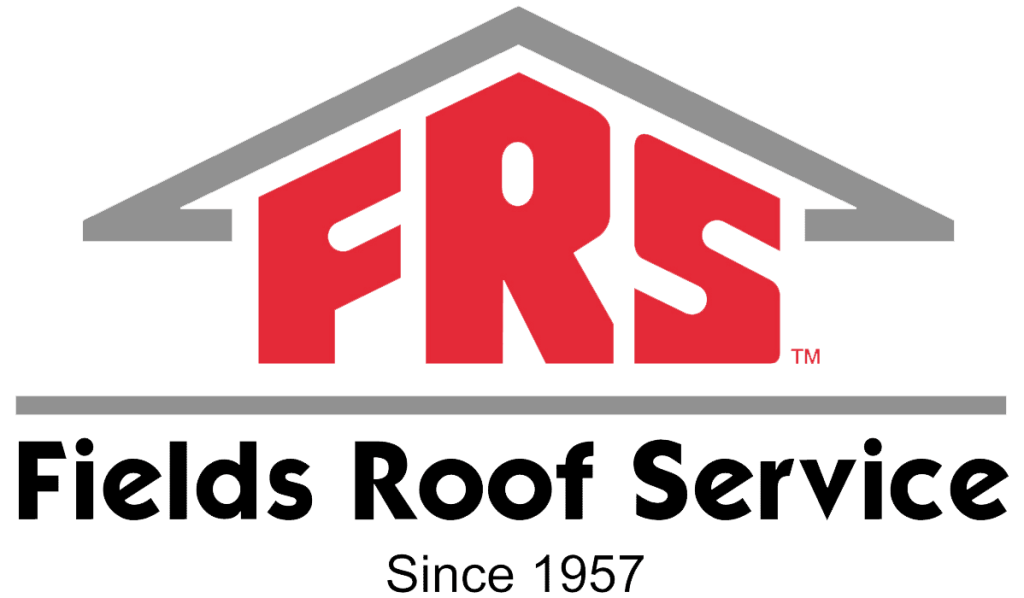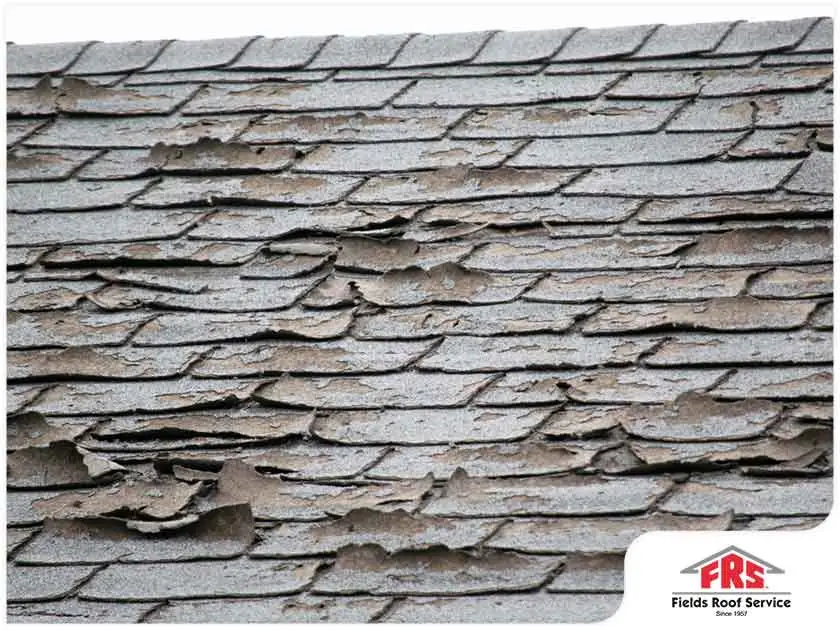One of the most common roofing systems found on American homes is asphalt shingles. It’s a popular option thanks to its stylish looks, affordable pricing, and ease of installation. You can get so much out of it with the price you pay as long as you properly maintain it to prevent a serious issue such as a roof leak from occurring. However, as your roof ages, it can appear concave or capped. This is what is known as shingle cupping which causes your roof to become brittle as it’s exposed to the elements.
In today’s blog, Fields Roof Service, the top roofing company, shares the causes of shingle cupping and how one can prevent it.
Severe Weather Changes and Improper Storage
While shingles are designed to withstand extreme temperatures, they cannot do so if it changes drastically. This is a fact that not a lot of homeowners are aware of. As such, it’s important to factor in the local climate when you’re in the market for a new roof. Also, the way you store your shingles can also contribute to its degradation if they’re stored in hot, humid, or cold places.
Poor Roof Ventilation
It’s a commonly known fact that ventilation does wonders for your roofing system. Most probably, your roof contractor has recommended so many ways to improve your roof’s ventilation so that you can increase its lifespan. If your roof is poorly ventilated, the layers of plywood decks can trap moisture and heat inside that can lead to shingle cupping.
Lack of Binders
In case your shingles start to cup a few years after they have been installed, this could mean that they could’ve been installed improperly. One step that could have lapses is having insufficient binders. If there is a lack of binders, they could wash off easily. Keep in mind that your shingles have to be properly installed so you can get the most out of them.
You can rest easy knowing that your roof is being taken care of by the top roofer in the area, Fields Roof Service. We have been in the roofing industry since 1957 and we are more than ready to handle all of your roofing needs. Call us for a free consultation at (253) 852-4974.

